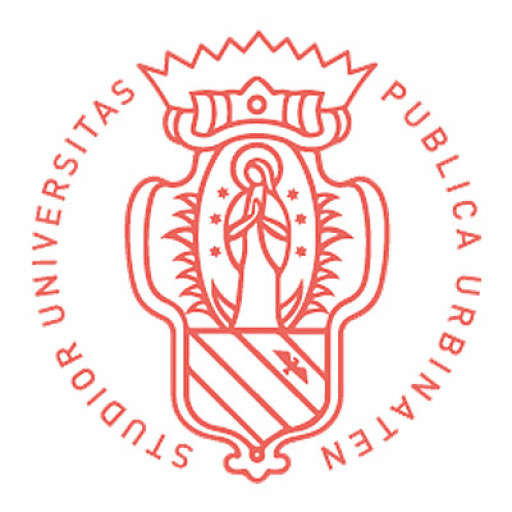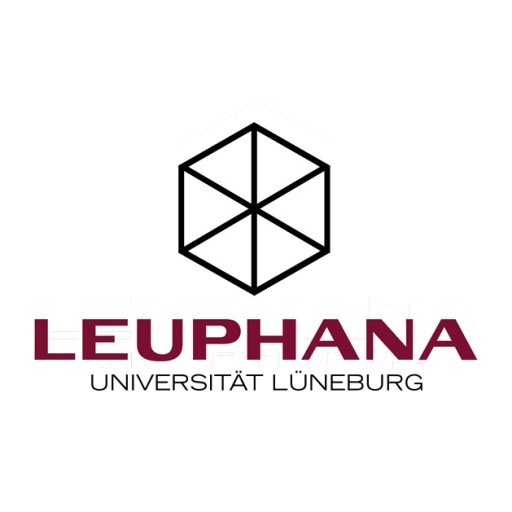Photos of university / #aberystwyth.university
Postcolonial Politics at the University of Wales offers an in-depth exploration of the political, cultural, and social legacies of colonialism and imperialism across the globe. This innovative programme is designed to examine the processes of decolonization, identity formation, and power dynamics in postcolonial societies, providing students with a comprehensive understanding of the historical and contemporary issues shaping formerly colonized nations. Throughout the course, students will analyze a wide range of topics, including postcolonial theory, nationalism, cultural identity, migration, and global governance, fostering critical thinking and analytical skills vital for careers in academia, policy analysis, international development, and diplomacy. The curriculum incorporates interdisciplinary approaches, combining insights from politics, history, literature, and cultural studies to give students a well-rounded perspective on postcolonial realities. Students will engage with both classic and contemporary texts, case studies from Africa, Asia, the Caribbean, and the Pacific, and participate in lively debates and research projects. The programme also emphasizes the importance of understanding the ongoing impacts of colonialism in contemporary geopolitics, economic disparities, and social justice movements. Faculty members are experts in postcolonial studies, politics, and international relations, offering mentorship and guidance throughout the programme. Graduates of Postcolonial Politics will be equipped with critical analytical skills, a nuanced understanding of global postcolonial issues, and the ability to contribute meaningfully to discussions on development, policy, and social change. The programme prepares students for careers in academia, international organizations, NGOs, government departments, and journalism, or for further postgraduate research. Whether you are interested in exploring the roots of global inequalities or seeking to contribute to positive societal change, this programme provides the theoretical foundation and practical insights needed to engage with today’s complex postcolonial world.
Postcolonial Politics at the University of Wales offers a comprehensive exploration of the political, cultural, and social issues that have arisen in nations and communities affected by colonialism and imperialism. This programme is designed to equip students with a nuanced understanding of the historical context, theoretical frameworks, and contemporary debates surrounding postcolonial states, identities, and power structures. Throughout the course, students will examine a diverse range of case studies from Africa, Asia, the Caribbean, and other regions, analyzing the legacies of colonial rule and their ongoing influence on political systems, social cohesion, and cultural expressions.
The curriculum emphasizes critical thinking and interdisciplinary approaches, integrating perspectives from history, political science, anthropology, and literature. Students will engage with key concepts such as neocolonialism, identity politics, resistance movements, globalization, and development policies. They will study prominent postcolonial theorists, including Frantz Fanon, Edward Said, and Homi Bhabha, gaining insight into how these theories explain contemporary issues faced by postcolonial societies.
Course modules are structured to progress from foundational concepts to more advanced and specialized topics. Initial units introduce the history of colonialism and decolonization, setting the stage for detailed analysis of postcolonial states and their challenges. Subsequent modules focus on issues such as cultural identity, language politics, economic development, governance, human rights, and migration. Additionally, the programme offers opportunities for practical engagement through research projects, seminars, and discussions on current events related to postcolonial politics.
Graduates of this programme will be well-prepared for careers in academia, government, international organizations, NGOs, journalism, and cultural institutions. They will develop critical analytical skills, a deep understanding of global power dynamics, and an awareness of the complexities involved in postcolonial societies. Overall, Postcolonial Politics at the University of Wales aims to foster informed and engaged individuals capable of contributing thoughtfully to debates on global justice, development, and cultural identity in a postcolonial world.
Postcolonial Politics program at the University of Wales typically requires applicants to possess a relevant undergraduate degree or equivalent qualification. Prospective students should demonstrate a strong interest in political science, history, or related disciplines with a focus on postcolonial states and issues. The admission process may include submission of academic transcripts, a personal statement outlining motivation and relevant experience, and references from academic or professional contacts. The program emphasizes critical analysis and understanding of postcolonial theories, decolonization processes, and contemporary political dynamics within former colonies. There might be prerequisites in political science, international relations, or area studies, but specific entry requirements are not always strictly defined. International students are usually required to demonstrate English language proficiency through tests such as IELTS or TOEFL unless they hold previous qualifications taught in English. The course structure often includes core modules on postcolonial theory, research methods, and regional case studies, combined with options for specializations in African, Asian, or Caribbean politics. To complete the program, students are generally expected to undertake research projects or dissertations, reflecting their capacity for independent scholarly work. The duration of the program can range from one to two years depending on the mode of study, with options for full-time and part-time attendance. The university encourages applicants to review specific course details and contact admissions for tailored advice, keeping in mind that program requirements may evolve over time. Overall, successful applicants should demonstrate academic readiness, a keen interest in postcolonial issues, and the ability to engage critically with complex texts and theories.
Financing for the Postcolonial Politics program at the University of Wales is structured to support both full-time and part-time students through a variety of funding options. Income-based tuition fees are applicable, with annual fees set in accordance with university guidelines and subject to annual review. Prospective students are encouraged to explore government-funded student loans, which are available through the Student Loans Company in the UK, covering tuition and living costs. Additionally, the university offers a range of scholarships and bursaries aimed at promoting diversity and academic excellence among applicants. These financial aids are typically awarded based on academic merit, financial need, or specific demographic criteria, and may significantly reduce the overall cost of the program. Students are also advised to seek external funding sources, including grants from NGOs, cultural organizations, and research councils dedicated to the study of postcolonial issues and politics. Payment plans are available to facilitate manageable installments over the academic year, and some students may qualify for employer sponsorships or research assistantships, especially those engaged in related professional fields. The university's financial aid office provides comprehensive guidance on application procedures, deadlines, and eligibility requirements for all available funding opportunities. International students should inquire about additional scholarships and financial support programs that recognize the unique challenges faced by those relocating abroad for their studies. It's important for applicants to complete the financial documentation accurately and submit all necessary paperwork ahead of deadlines to ensure timely processing of their funding applications. Overall, the University of Wales is committed to making the Postcolonial Politics program accessible by offering a variety of financial options tailored to the diverse needs of its student body, thus enabling talented individuals to pursue advanced studies in this crucial area of global politics.
Postcolonial Politics at the University of Wales offers an in-depth exploration of the political, social, and cultural impacts of colonialism and postcolonial development across the globe. The programme is designed to provide students with a comprehensive understanding of the historical contexts, theoretical frameworks, and contemporary issues related to postcolonial societies. It covers a range of topics including imperial histories, resistance movements, identity formation, ethnicity, nationalism, migration, and the legacy of colonialism in modern political landscapes. The curriculum integrates perspectives from political science, anthropology, history, and cultural studies to give students a multidisciplinary approach to understanding postcolonial dynamics.
Students enrolled in this programme engage with a variety of learning activities, including lectures, seminars, and research projects, which encourage critical thinking and analytical skills. The programme also emphasizes the importance of fieldwork and multimedia resources to facilitate a well-rounded educational experience. The course structure is designed to progressively develop students’ knowledge, starting with foundational concepts of colonial history and ending with contemporary debates on decolonization, global justice, and human rights.
Designed for those interested in international relations, development studies, or cultural analysis, the programme prepares graduates for careers in academia, policy-making, international organizations, non-governmental organizations, and cultural institutions. It aims to foster a nuanced understanding of the complexities surrounding postcolonial issues and to develop skills needed for effective advocacy and policy intervention.
The programme is supported by the university’s faculty, which includes experts in postcolonial theory, political analysis, and regional studies. Students have access to a wealth of online resources, international conferences, and collaboration opportunities with researchers and institutions around the world. By the end of the course, graduates are equipped with critical insights, research skills, and a global perspective that can contribute meaningfully to the shaping of equitable and just postcolonial societies.









